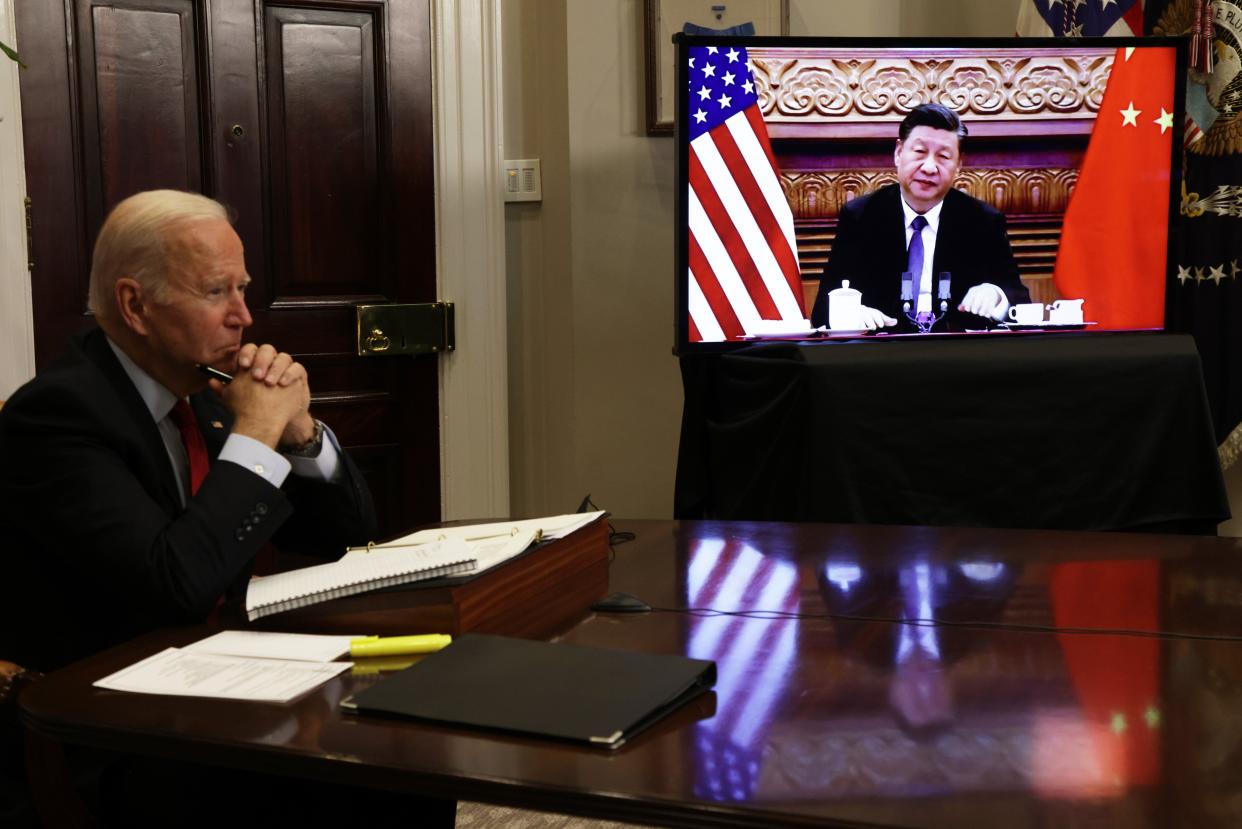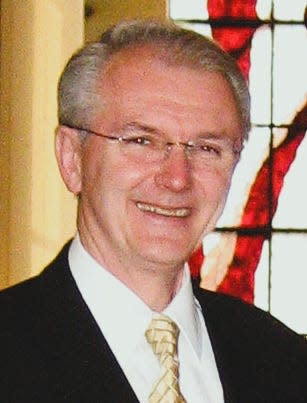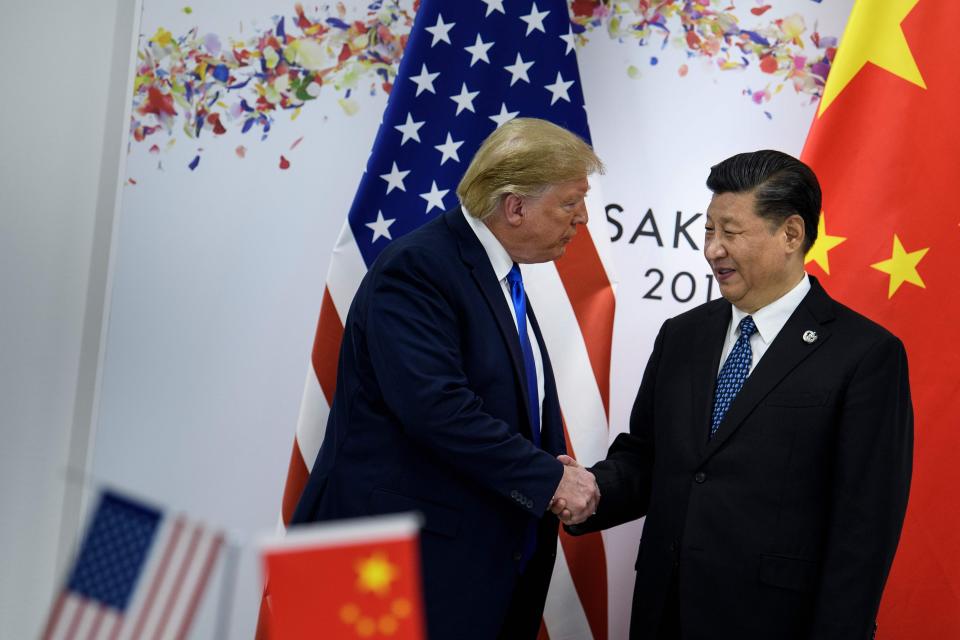Bob Holden: US, China 'cornfield diplomacy' could stop future pandemic, save planet

- Oops!Something went wrong.Please try again later.
- Oops!Something went wrong.Please try again later.
Ten years have passed since Xi Jinping, then vice president of China, made a historic visit to the heartland of America.
More: How a different Iowa visit changed China
Xi was returning to Muscatine, Iowa, where nearly a quarter-century before, he had spent six months as a young county-level cadre member of the Hebei Shijiazhuang Prefecture Corn Processing delegation. Chinese officials said Xi was grateful for the hospitality of his hosts and enjoyed his time living in rural America.

Like all visits of high-level foreign leaders, Xi’s trip was highly choreographed, but it was regarded by both sides as a high point in the U.S.-China relationship.
The Chinese wanted to emphasize that Xi harbored warm feelings toward the heartland, even though then, as now, the relationship between the nations was strained.
“Cornfield diplomacy,“ was how it was described. Xi would become president of China shortly after he returned home.
Fast forward to 2022: relations between the U.S. and China have grown even more strained since then. Tariffs on various imports from China have cost U.S. consumers $50 billion.
More: Biden warns Xi against helping Russia as US-China relations face 'crossroads' over Ukraine invasion

Recently, the Chinese government released a photograph of Xi standing side-by-side with Russian President Vladimir Putin at the 2022 Winter Olympics in Beijing.
The photo served as a sign of solidarity in the face of escalating global tensions over the Russian-Ukrainian crisis, which has now erupted into war.
As the world grapples with the first major conflict in Europe since World War II, the need to foster better relations between the U.S. and China is arguably greater than ever.
DON'T FORGET TO SIGN UP FOR OUR NEW OPINION NEWSLETTER
More: Sign up for our opinion newsletter
The jarring gap between President Xi’s warm visits with old friends in Iowa and his recent solidarity with Putin illustrates how far U.S.–China relations have deteriorated since 2012.
It also represents a missed opportunity in the American Heartland to develop meaningful connections with one of the most powerful leaders of China in recent memory.

My belief is that the U.S.–China cooperation is essential if our planet will be able to successfully deal with the following three most critical global challenges:
Sustainably producing enough nutritious food to feed the growing population on our planet
Countering and ameliorating the impact of climate change, especially on agricultural production
Preventing future pandemics of human, animal and plant diseases
At the same time, to meet these challenges, it is essential that we have peace in the world and particularly, peace between China and the United States.
In that regard, we strongly believe that one of the best ways that peace can be attained is through agricultural cooperation.
More: Ambassador: After 40 years, China-U.S. relations come to a crossroads
Reflecting the strong commitment that leaders of both our countries have for finding areas of cooperation, especially around climate change, my organization, U.S. Heartland China Association, again organized a virtual U.S.-China Agriculture Roundtable, held March 21.
The American Heartland, known as the “breadbasket of the world,” has played a significant role in the past laying the foundation for a productive U.S.–China relationship and can become a stabilizing force going forward again.
Opportunities remain for us to try to revive a productive relationship. Our efforts should be focused on finding ways to better understand each other’s cultures, show others why it is so important for all of us to find positive and mutually beneficial ways to work together in the mutual interest of both countries.
We need to remember that we ALL live on Planet Earth and we are all in this together.
Bob Holden served as Missouri’s 53rd governor from 2001 to 2005. Previously, he served two terms as Missouri state treasurer and three terms as a Missouri state representative. He is currently chairman and CEO of the United States Heartland China Association.
This article originally appeared on The Columbus Dispatch: Role of agriculture can play in stopping future pandemics, peace

